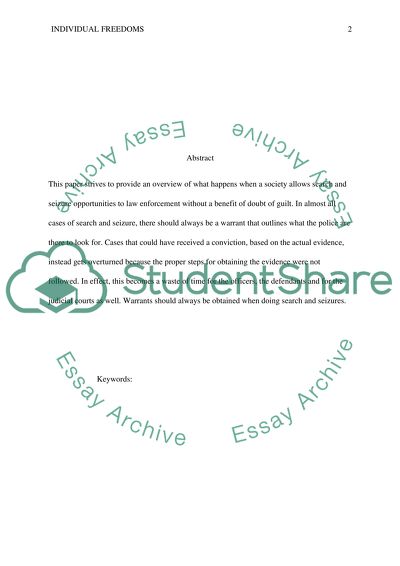Cite this document
(“Individual Freedom Assignment Example | Topics and Well Written Essays - 1500 words”, n.d.)
Retrieved from https://studentshare.org/law/1479799-individual-freedom
Retrieved from https://studentshare.org/law/1479799-individual-freedom
(Individual Freedom Assignment Example | Topics and Well Written Essays - 1500 Words)
https://studentshare.org/law/1479799-individual-freedom.
https://studentshare.org/law/1479799-individual-freedom.
“Individual Freedom Assignment Example | Topics and Well Written Essays - 1500 Words”, n.d. https://studentshare.org/law/1479799-individual-freedom.


